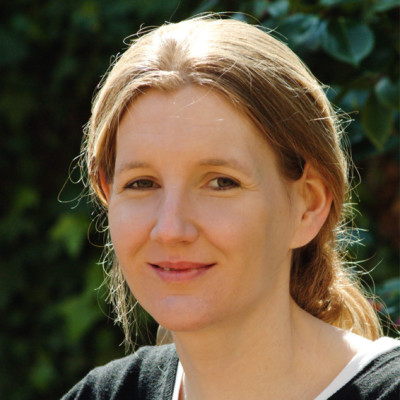The Women Who Won Net Neutrality
Summary
In this Slate piece, Marvin Ammori comments on the impact of certain individuals on recent net neutrality legislation, including SLS Professor Barbara van Schewick.
Earlier this month, Politico Magazine listed me among the top 50 “thinkers, doers and visionaries transforming American politics” for my work in coalitions advancing net neutrality—the principle that cable and phone companies should not block websites or create online slow lanes and paid fast lanes. Over the course of a year—from January 2014 to March 2015—millions of Americans, hundreds of businesses, and dozens of policymakers weighed in at the Federal Communications Commission in favor of net neutrality. Despite the overwhelming political might of the cable and phone companies that opposed the principle, and despite a prevailing conventional wisdom all last year that it would be “impossible” to beat them, the FCC sided with the public and adopted extremely strong net neutrality rules that should be a global model for Internet freedom. On Monday, dozens of academics, nonprofits, and companies filed legal briefs in court defending that important order.
Because the victory at the FCC is so important for economic policy and was so shocking a political victory, many news organizations have profiled those responsible. Over the past months, in addition to me, many men have received credit—including Federal Communications Commission Chairman Tom Wheeler, President Barack Obama, HBO host John Oliver, and Tumblr CEO David Karp. While these men (and others, especially in the nonprofit community) played critical roles, none deserves more credit than the frequently overlooked women who helped lead the fight. Even if we guys managed to hog the credit afterward, a disproportionate number of women in the public interest, tech, and government communities had the guts and brains to lead the public to victory. They canceled annual vacations, worked around the clock, didn’t see friends and family as often as anyone would want—and ran a brilliant campaign. They should be recognized.
…
Barbara van Schewick, a Stanford law school professor who also has a Ph.D. in computer science and expertise in the economics of innovation, had a bigger impact than anyone realizes. She wrote the book on net neutrality and some of the most important articles on the topic. While teaching a full load at Stanford, she flew to Washington almost monthly and had more than 150 meetings at Congress, the FCC, and the White House. No one individual met more often with the White House or FCC on the issue, according to public records. The FCC’s decision (and footnotes) reflect her work. She had a bigger impact than entire institutions. She is not a normal human, but thankfully she’s on the public’s side.
Read More
